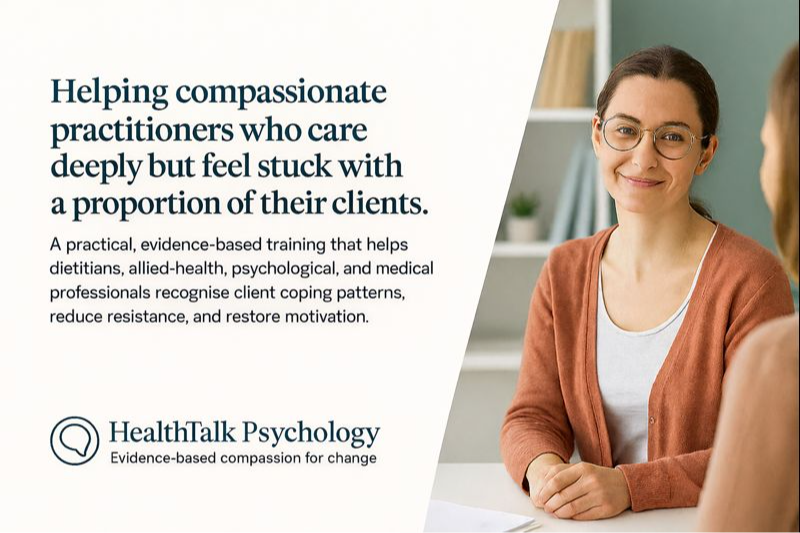
Using mindfulness to control stress and anxiety
Stress and anxiety are everywhere in the world right now; there is so much for us to worry about right?
When we're stressed it means we are not coping with the demands coming our way or the pressure we place on ourselves with the resources and capacity we currently have available i.e., we are getting overwhelmed in the present.
Anxiety is a typical symptom of stress, however, anxiety is different in that it's about extreme worry and concern about things in the future that haven't happened yet, and crucially may never happen!
Mindfulness is a lovely, simple and helpful tool that enables us to manage both stress and anxiety by creating a narrow focus that our mind can cope with in the present. By being mindful we can prioritise better which helps us to…
- Manage unhealthy thoughts e.g., “I can’t cope with this”, “I’m never going to finish this assignment on time”, “I should be able to do this like everyone else”, and “I’m so frustrated with all this”
- Take time to pause before reacting to something someone has said or done. It’s easy to react too fast and defensively if we think we are being criticised for something. It might be that the other person is simply trying to be helpful or not being mindful of themselves. If we react too quick our short temper may get the better of us.
- Be more aware of how the situation is affecting us emotionally and physically so we can alter our reaction to it then, and in the future.
- Gain more emotional intelligence about the way we do things and why we do things. With this information, we can become more sensitive to the needs and reactions of others. This allows us to not misinterpret unjustly and instead to ask questions rather than make statements that help us prevent having regrets later.
- Be more aware and sensitive to our own needs and the needs of others. As a result, our sense of compassion and empathy increases. This enables a greater depth of calm and relaxation to occur by inhibiting activity in the Amygdala, the control centre for the stress response.
- Be more relaxed and stay ‘in flow’ with our attention and focus. Instead of viewing the task as boring or overwhelming, we take it easy and calmly. Before we know it, we can have been engaged in the same task over a period of hours!






